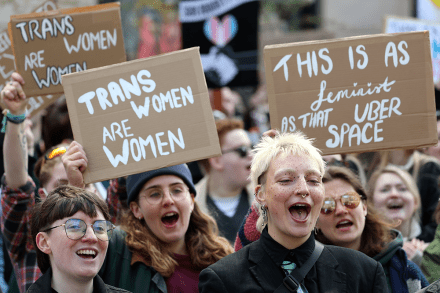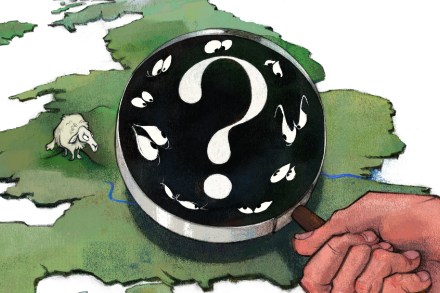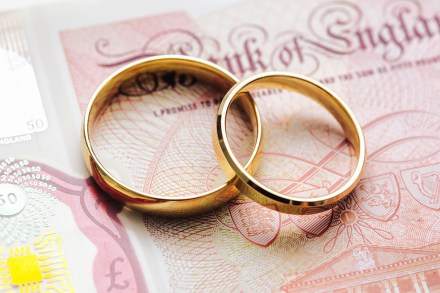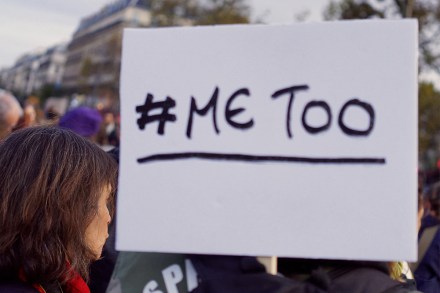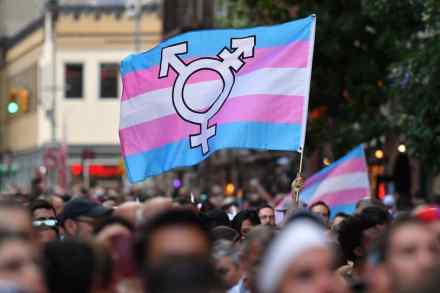The hidden violence behind the trans ruling
It is ten months since the then merely aspirant education secretary Bridget Phillipson addressed the important issue of where transgender people should go for a quick slash. Bridget was very much of the opinion that if you had a gender recognition certificate, then you should make for the cubicle which matched with whatever it said on that piece of paper, because it’s the ‘humane approach’. She added: ‘But I would expect that if you were someone that had gone through that formal process of recognition you are, to all intents and purposes, for legal purposes, regarded as being in a different gender, regardless of the sex into which you were
